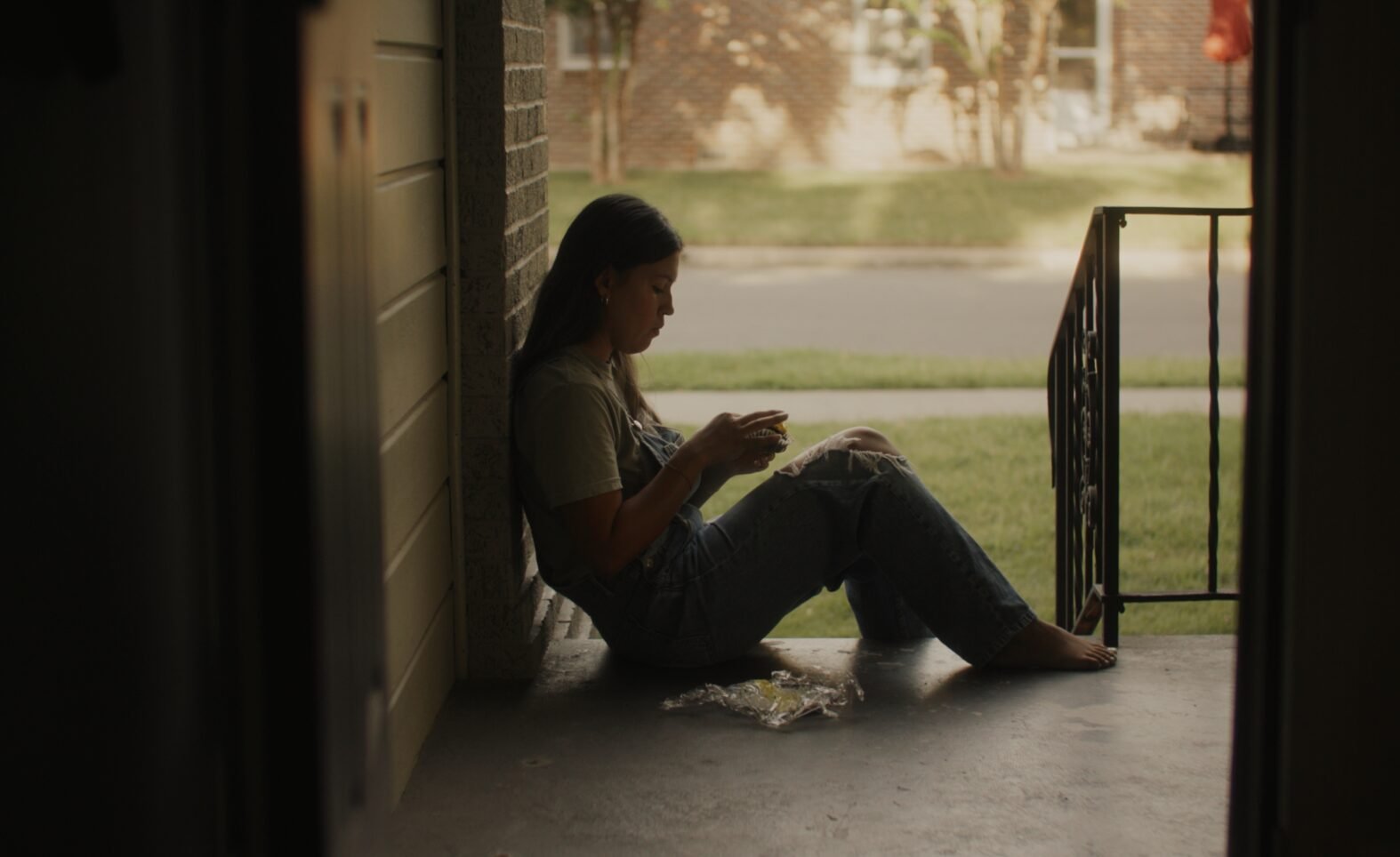Mufasa: The Lion King – A Beautiful Echo Lacking a Heartbeat
Barry Jenkins’ Mufasa: The Lion King is a visually striking return ...

Some stories do not ask to be told loudly. They arrive quietly, like a whisper in the wind or a shadow that lingers just a little longer than expected. ‘Thin Places’, written and directed by Brit Hensel, is one of those stories. Gentle, sombre and deeply spiritual, this film invites you into a space where time softens and the boundary between the living and the dead becomes tenderly porous.
At the heart of ‘Thin Places’ is Birdie, a woman grappling with the grief of her sister Tama’s untimely passing. But this isn’t a story that dwells on death, rather it reflects on the emptiness of loss. Through a dreamlike, poetic narrative, Birdie begins to interact with Tama, not in a haunting way, but in a way that brings her more healing than she hoped for. Through these memories, echoes, and pauses, the sisters reconnect in ways that feel both fleeting and grounded.
Brit Hensel, through this narrative, seems to highlight the ‘thin place’ that several cultures identify as the veil between the spiritual and physical worlds. For Birdie, grief opens a doorway, and instead of closing it in fear, she steps through, led by love and the willingness to truly listen and connect.
The direction also feels intimate and intentional. Every frame feels personal, as though we are gently placed beside Birdie in her silent moments of remembrance and awakening. The cinematography captures the quiet beauty of rooms touched by soft light and the rays of the sun casting shadows in the fields, offering visual poetry that matches the emotional cadence of the story. These are not loud images, but they resonate and subtly convey the essence of life even in the existence of death and loss.

Birdie is played by Shelby Factor who delivers convincingly on her portrayal of a grieving sister who is learning more about the connection she has with her dead sister. We not only see her pain, but we also feel that and her loneliness as well. Quannah ChasingHorse plays the role of Tama, the elder sister. Even though the scenes feel like hallucinations, we get to see the care and affection that Tama has for her sister and even her son Junior (played by Roman Romero).
In ‘Thin Places’, sound too plays its part in giving the film its weight and meaning. There is brooding music that is a fusion of strings mostly and other traditional sounds that not only adds to the sombre tone of the narrative but also highlights the films connection to the indigenous communities they come from.
There’s something unmistakably feminine in the way the film holds space for grief, memory, and intuition. It doesn’t rush toward resolution. Instead, it allows the heartbreak to be tender, even beautiful. The relationship between Tama and Birdie is more than sisterly it feels also like a spiritual kinship, a bond braided through time, ancestry, and shared essence. And through Birdie’s journey, we are reminded that grief, while painful, is also sacred. It’s not just about letting go, it’s also about listening to what remains.
In a world that often demands answers, ‘Thin Places’ is a soft but steady reminder that some things are meant to be felt rather than explained. That love does not end even when a loved one is lost. It is simply a film that serves to remind us that some places and people are never really gone, we just have to be willing to meet them where the veil is the thinnest.

Leave A Reply